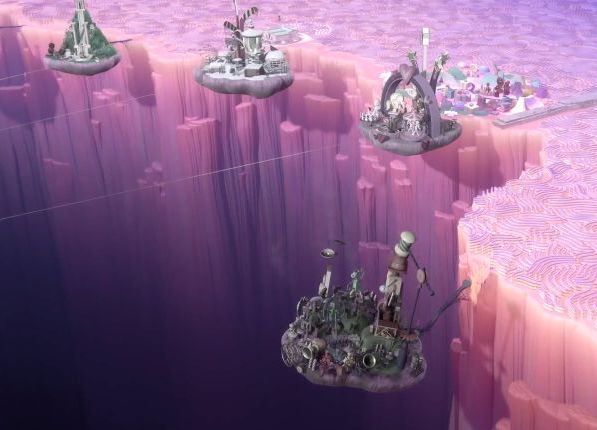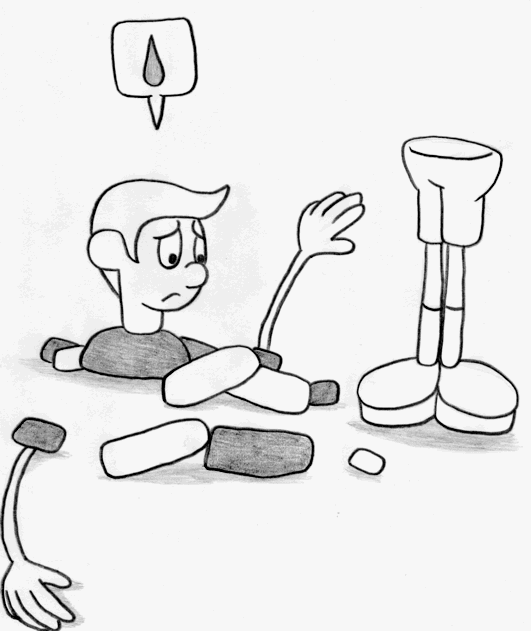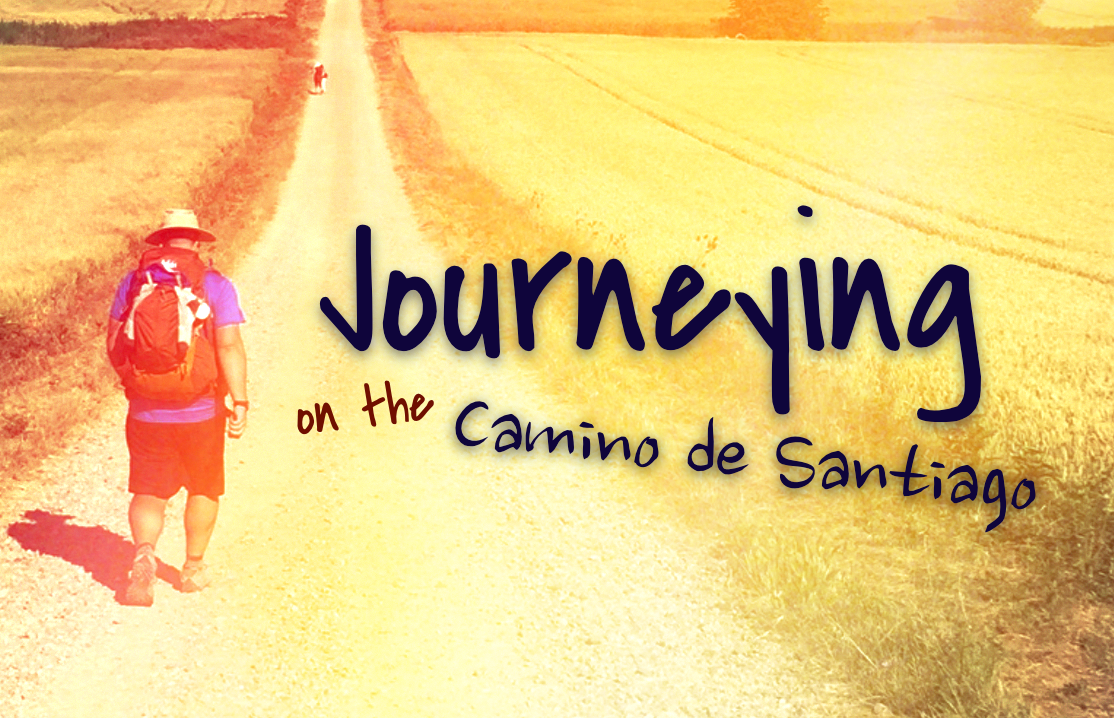 My wife Sarah and I have gotten in the habit of thoughtful reflection when we’re together. Sometimes it just comes naturally. As we’ve been settling into our new jobs we’ve felt in a whirlwind of busyness and feeling overwhelmed. One afternoon Sarah was talking about work and I asked, “Do you feel put together or pulled apart?” – “Pulled apart,” she said.
My wife Sarah and I have gotten in the habit of thoughtful reflection when we’re together. Sometimes it just comes naturally. As we’ve been settling into our new jobs we’ve felt in a whirlwind of busyness and feeling overwhelmed. One afternoon Sarah was talking about work and I asked, “Do you feel put together or pulled apart?” – “Pulled apart,” she said.
I realised what a simple yet discerning question that was even to ask one’s self: Do I feel put together or pulled apart?
Like the Examen, a question like that takes us deeper into reflection on what makes us feel the way we’re feeling. The question is perhaps a contemporary re-casting of the Ignatian tension of consolation and desolation. How easily can we answer that? I am either feeling put together, whole, and growing in faith, hope, and love (consolation) or I am feeling pulled apart, disjointed, and feeling an absence of faith, hope, and love (desolation). Or I could be in the middle, feeling a fracture, on the way from one to the other.
 The Pixar film Inside Out, exhibits these tensions well. And it seems many in the world of spirituality are talking about the virtues of this movie. The story mainly takes place inside the mind of an 11 year old girl named Riley. We meet her five emotions: Joy, Sadness, Fear, Anger, and Disgust. Ideally they all work in harmony, controlling Riley’s behaviour and feelings so that she feels “put together”. Of course, like any of us, some of Riley’s emotions make a wrong judgement or take control too much, but when Joy and Sadness get lost and are no longer in harmony with the other three emotions, Riley starts to journey toward desolation, that feeling of being pulled apart, where life seems out of balance. In fact, in the whimsical world of her mind we see structures literally crumble and fall.
The Pixar film Inside Out, exhibits these tensions well. And it seems many in the world of spirituality are talking about the virtues of this movie. The story mainly takes place inside the mind of an 11 year old girl named Riley. We meet her five emotions: Joy, Sadness, Fear, Anger, and Disgust. Ideally they all work in harmony, controlling Riley’s behaviour and feelings so that she feels “put together”. Of course, like any of us, some of Riley’s emotions make a wrong judgement or take control too much, but when Joy and Sadness get lost and are no longer in harmony with the other three emotions, Riley starts to journey toward desolation, that feeling of being pulled apart, where life seems out of balance. In fact, in the whimsical world of her mind we see structures literally crumble and fall.
I think the Ignatian lesson here is being self-reflective enough to know whether a part of us has gone missing, whether we feel pulled apart or put together. Sometimes our state of togetherness has a source, a reason. Sometimes it doesn’t. The Ignatian way of living helps us to continually be aware of our wholeness, through the Examen, through contemplation, and ultimately through a friendship with the God who knows us best.
Listen to an audio version of this post…
Music by Kevin MacLeod









Thank you for this thought-provoking post.
Andy,Sarah, It is so easy to get caught up in the busyness of new jobs. All to easy to feel pulled apart – you are not alone in this! I don’t need to tell you this I am sure but there is a need to take a step back, to find a quiet place and as the old hymn says “take it to the Lord in prayer”. God bless you both on your exciting new adventure.Remember Matthew 28:20, ” I am with you always even unto the end of the world”